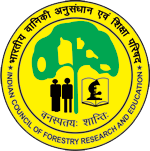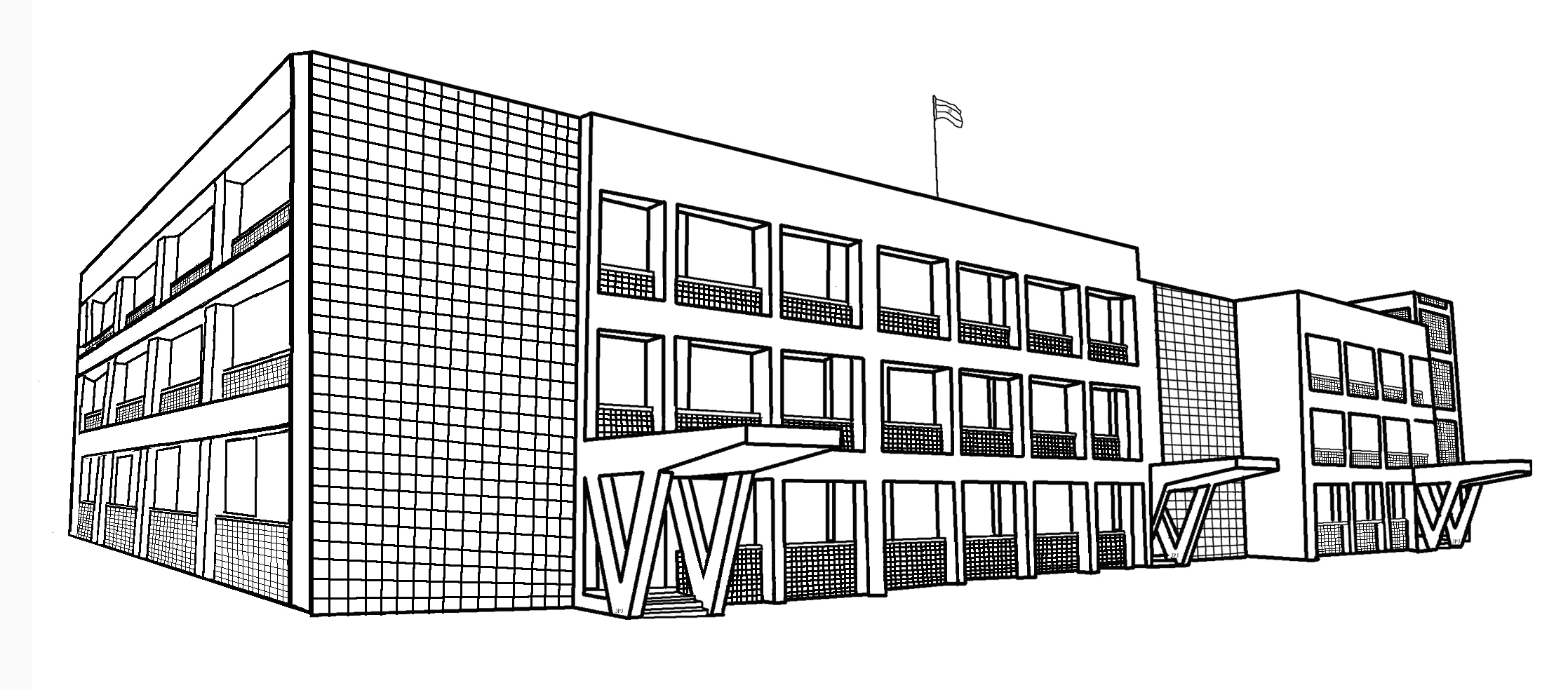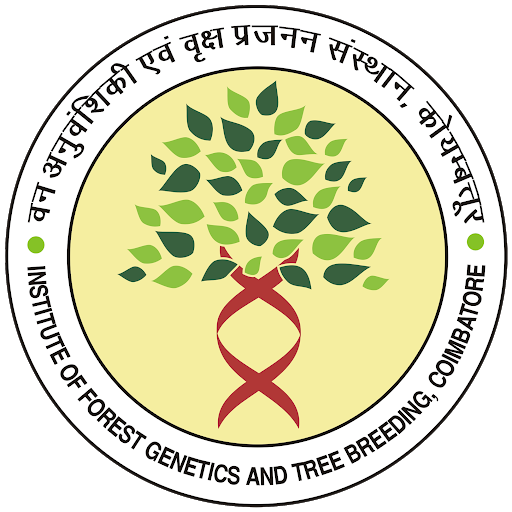Plant Biotechnology and Cytogenetics / Major Areas
Vision
Harness basic and applied biotechnologies to complement tree breeding and conservation programmes.
Major Research Areas
- Apply micro- and macro-propagation tools to support tree improvement and conservation programmes.
- Pursue molecular genetics and genomics research to develop genetic markers and DNA barcodes for genetic improvement, conservation, and timber forensics.
- Pursue genetic modification and genome editing research for gene function studies, generation of novel genetic variants, and bioproduction.





